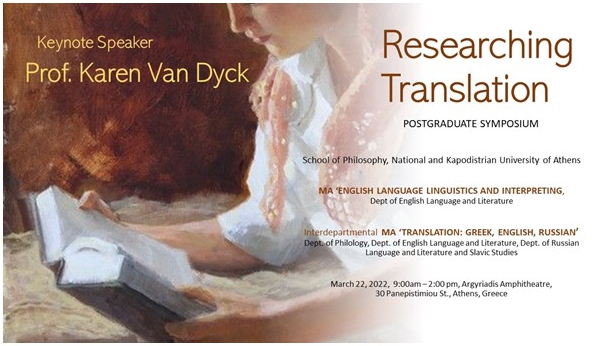Description
Shaping identities in Greek versions of Winnie-the-Pooh
Translated children’s literature has attracted a growing interest among scholars (Oittinen 2000, O’Sullivan 2005, Lathey 2010), however, little research has been conducted on the pragmatics in children’s translated discourse. The study explores the translation of the English children’s fiction Winnie-the-Pooh, by A. A. Milne (1926), into Greek. It examines socio-cultural norms and con-ventions revealing age-related perception of children’s identity, preferred ways of fictional character representation and of intended target readers. The author of the presentation translated the first book of Winnie-the-Pooh into Greek and contrasted it to Pampoudi’s translation (1996). The study reveals varying treatment of pragmatic phenomena contributing to Pooh’s identity construction and different ways of approaching intended target readers. A questionnaire testing the validity of the analyst’s etic view, shows that, TTa (1996, by Pampoudi) rather addresses a younger audience, whereas TTb (2021, by the author of this presentation) has had a fairly older child audience in mind. Moreover, TTb depicts Pooh’s identity as more confident and dynamic bearing consequences for the intended message. The study emphasizes the significance of exploring identity formation through discourse and the significance of the pragma¬tic parameter of addressee age in shaping discourses. Keywords: translation of children’s literature, “Winnie-the-Pooh”, English, Greek, translation strategies, pragmatic shifts, “dual addressee”.

